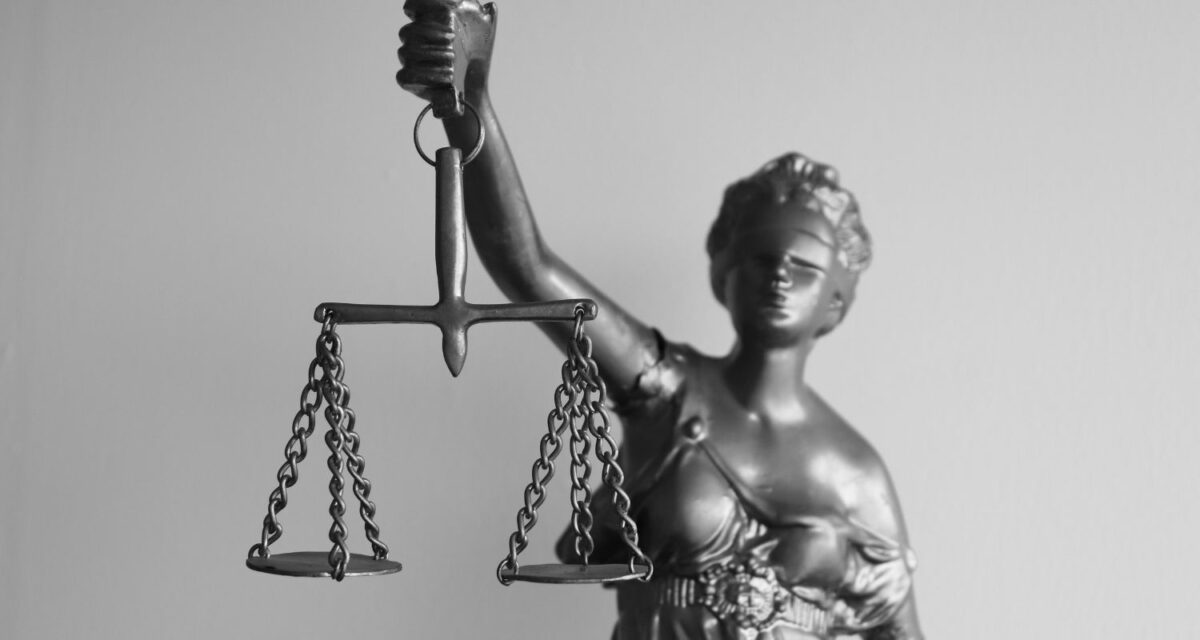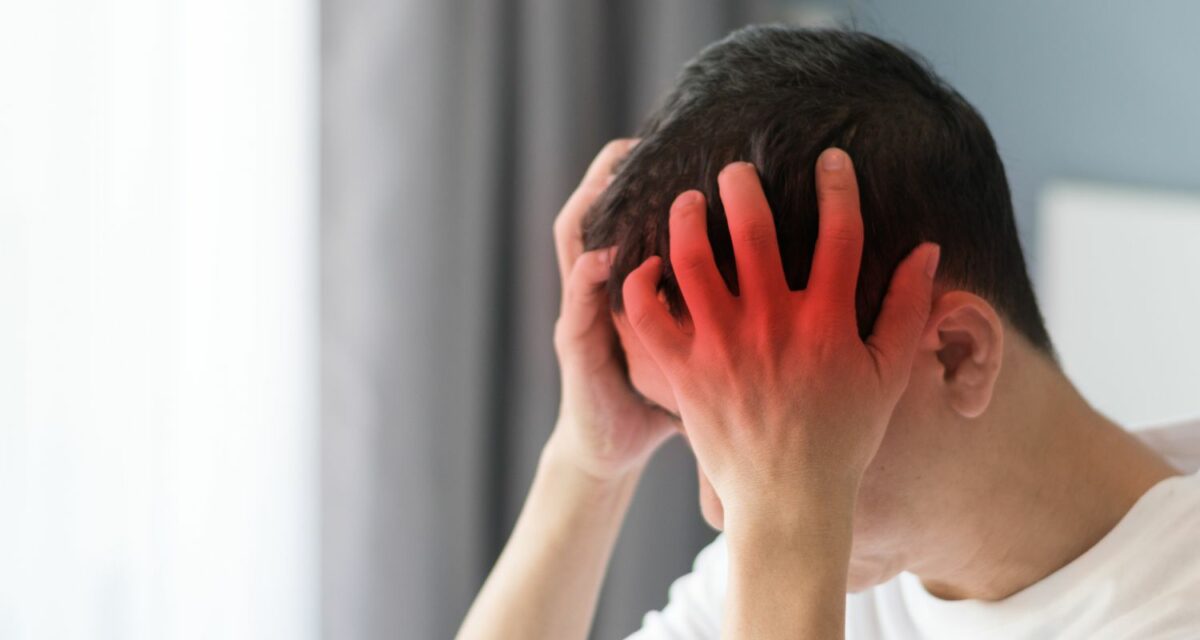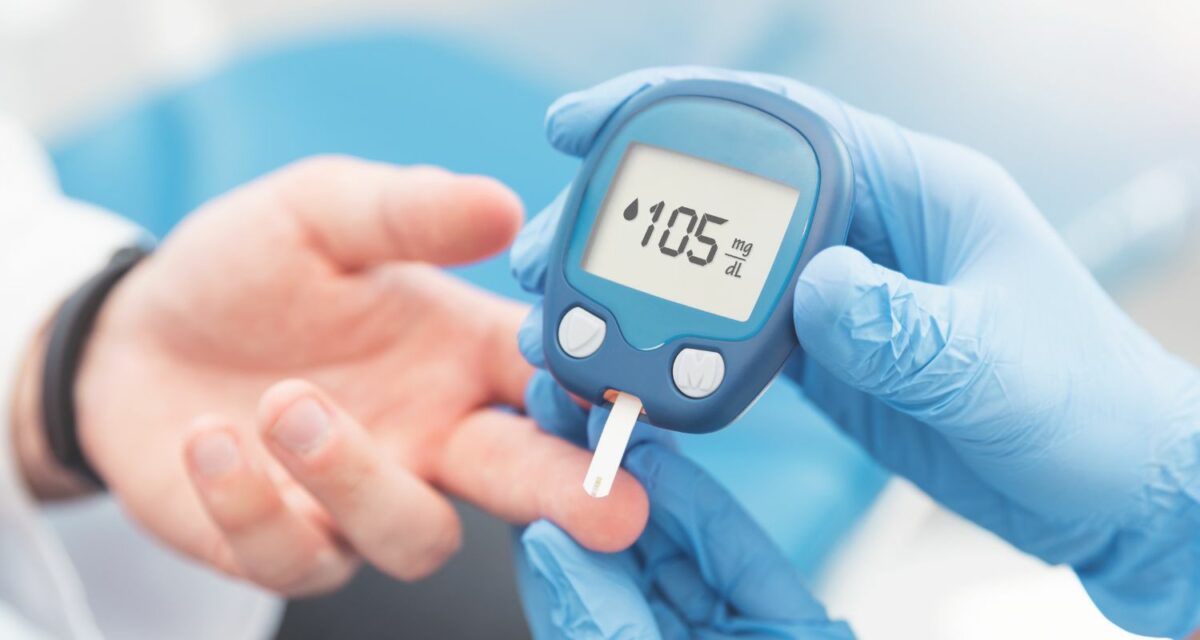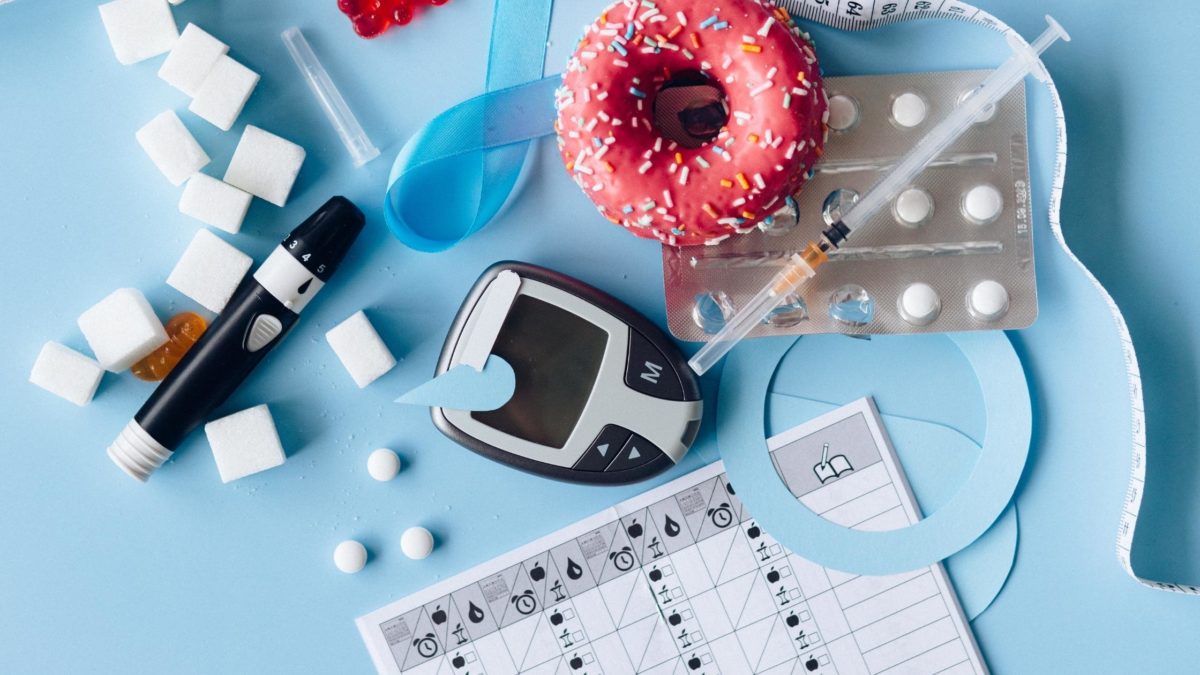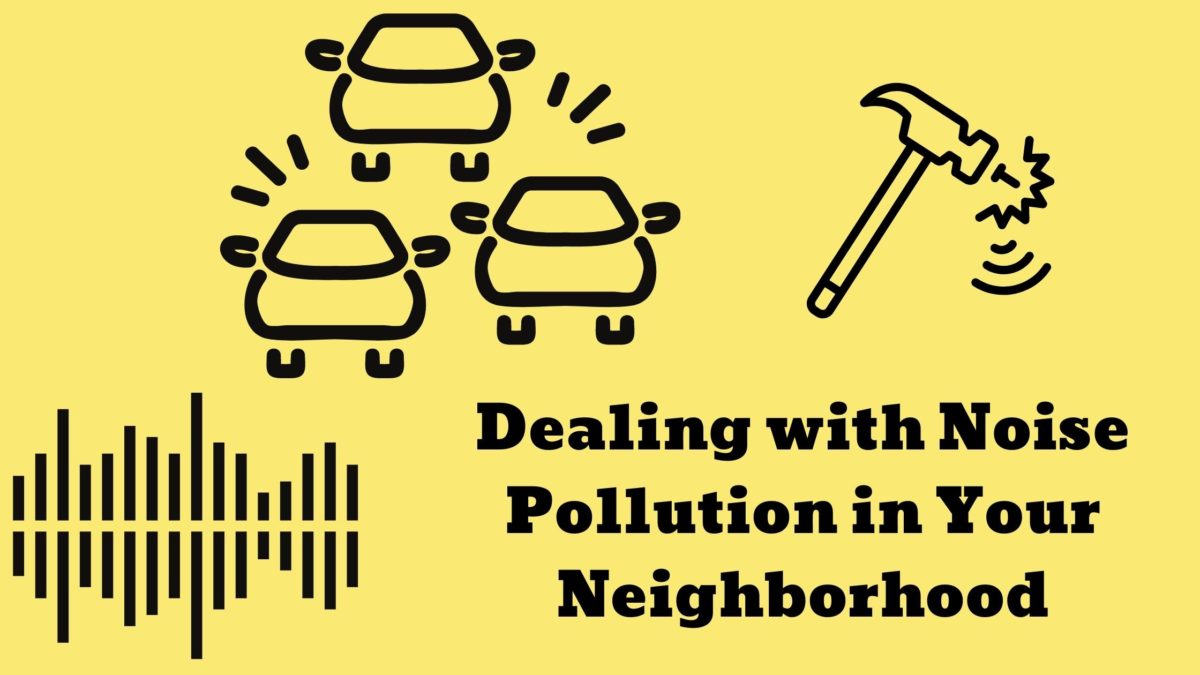As you age, your sense of hearing and balance may decline. This could be caused by several factors, including the effects of aging on your ears and the way these two senses interconnect in the brain. While some degree of hearing loss and balance issues are a natural part of growing older, this process can be reversed with proper treatment—in …
Loud Movies & Noise-Induced Hearing Loss
Eager viewers are going to the movies again. While this is undoubtedly great news for movie theaters and consumers alike, enjoying the most recent releases may pose a hidden danger to your hearing: elevated noise levels. Incorporating surround sound, action-packed effects, and the heightened viewer reaction that accompanies loudness, theaters and films have continually become louder – frequently to unsafe …
What To Know About Head Injuries & Hearing Loss
Have you ever sustained a head injury? They often happen so fast that they are hard to avoid. They can be scary, disorienting and have lasting effects on your health. Depending on the severity, not only can they cause brain damage, but they can distort your balance and even cause lasting hearing loss. Let’s explore the danger of head injuries …
How Smoking & Drinking May Affect Hearing
There are many ways that smoking and drinking can hurt your health. People know that these activities can be harmful to your health. But did you know that smoking and drinking can make it harder for you to hear? Hearing loss is the third most common long-term health problem that older people have today. It makes it harder for a …
Know Your Rights with Hearing Loss
Have you ever felt treated differently because you couldn’t hear? Has your hearing health affected your job or how people treat you when you’re out? The Americans with Disabilities Act (ADA) fights for the rights of people with disabilities, including those who are deaf or hard of hearing. This includes people with hearing loss. A history of the Americans with …
Head Injuries & Hearing Loss
When most people think of hearing loss, they think of the hearing loss that comes with aging. Most people who lose their hearing are over 60. Together with hearing loss caused by noise, these types are pretty standard, and most people who live to be over 70 will have some hearing loss. Even though this is a common way for …
A Link between Hearing Loss & Diabetes
Diabetes has long been linked to hearing loss, but new research strongly prompts hearing health professionals to recommend regular hearing tests for diabetes patients. Carried out by the National Institutes of Health, the study found that hearing loss is about twice as likely among people with diabetes as in the general population. With nearly 30 million adults in the United …
Connections Between Hearing Loss & Diabetes
Have you been told you have diabetes? According to numerous studies, people with diabetes are twice as likely to experience hearing loss. Diabetes affects 32.4 million individuals in the United States alone and is expected to increase over three decades, making prevention and awareness more crucial than ever. It is estimated that 84 percent of the 88 million people …
Why Pretending to Hear Doesn’t Help
Whether you have normal hearing or not – we’ve all been there. It’s that panicked moment when we can’t hear or understand the conversation, while it seems that everyone else is having no trouble at all. From time to time, it’s okay to smile, nod, and pretend to understand a conversation – especially with strangers in noisy environments such as …
Dealing with Noise Pollution in Your Neighborhood
We live in a world where environmental noise is a constant companion for many of us throughout the day and into the night. As a result of the increasingly loud sounds we hear daily, noise pollution poses a serious threat to our health. It’s critical to know when noise pollution is present so you can take precautions to avoid …





